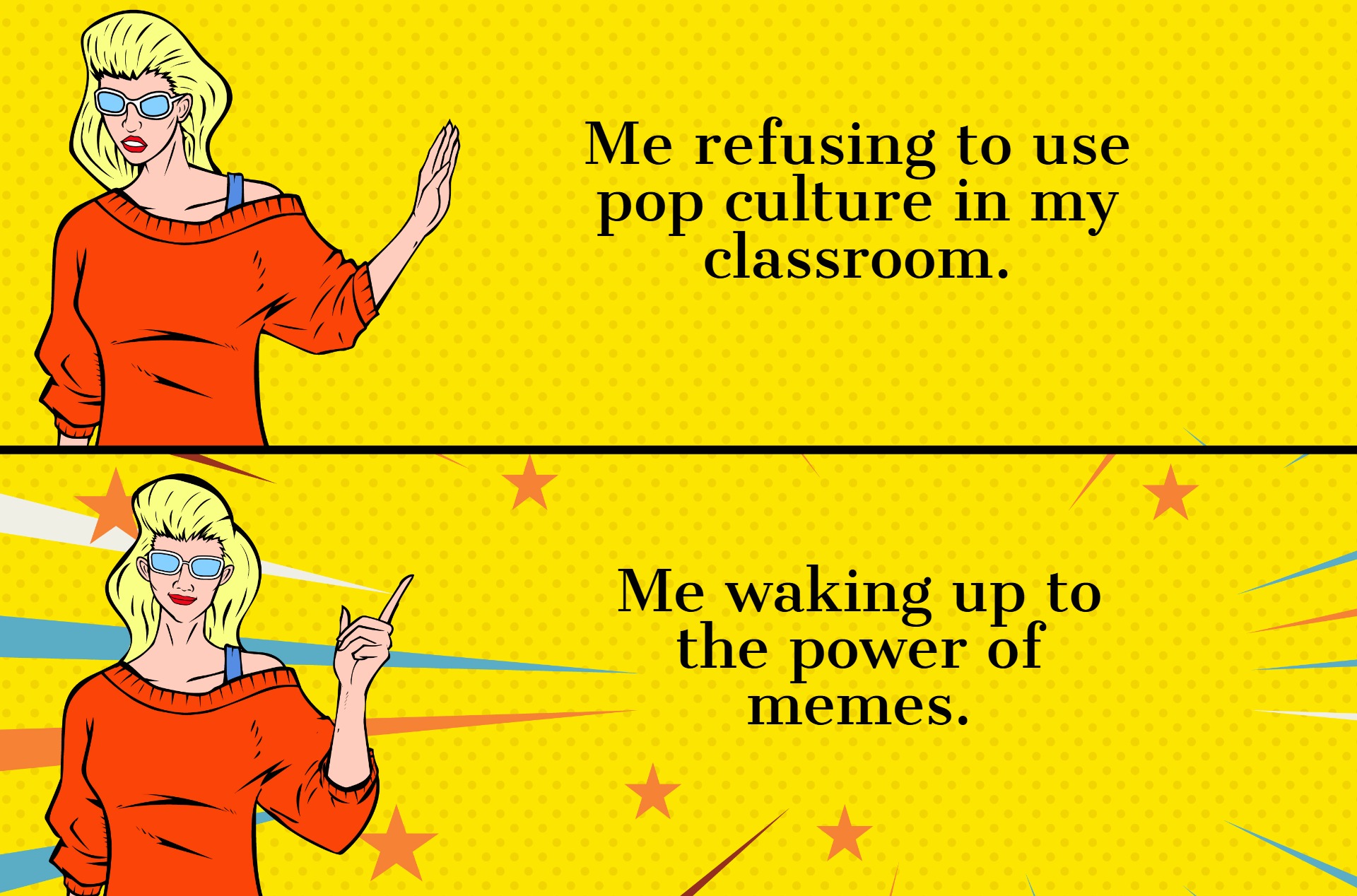Worried you’ve been ‘out of school’ too long to succeed in graduate school?
You already possess a number of highly-developed skills that will serve you well.

If you’ve been honing your career for a number of years, you might feel like you’ve been out of “school mode” for some time. But this doesn’t mean you aren’t as prepared to succeed in graduate school.
Four years ago, this had been a concern for Deirdre*, who joked about needing tips to study and retain information with an older brain. (Of course, she needn’t have worried!) She had completed a master’s degree 20 years ago, and had been delivering healthcare in a variety of settings while maintaining a private practice. Her professional experience would confer some advantages during her doctoral studies, but she also confessed some insecurity about returning to academia, writing formally, and preparing for exams once again.
Should the idea of going back to university for a graduate degree feel intimidating to you as a mature student, I would argue you possess a number of highly-developed skills that will serve you well. For example, time management, working collaboratively, and producing deliverables are mainstays of success in the workplace. Negotiating toxic workplace dynamics and power differentials might have also figured strongly. By bringing together effective work habits, emotional maturity, and communication skills with an understanding of academic expectations at the graduate level, you can find your footing with greater ease. But how does one begin to surface these expectations?
Compare for a moment the working environment with an academic one. In both settings, you are called upon to understand your audience’s needs and communicate your ideas effectively. In the workplace, you might be accustomed to interpreting your audience and their needs. You field a request from your supervisor and have to decide how quickly you should respond (urgent or not), how you will triage the flow of information (pertinent or not) and how you will respond (dedicated meeting, email, or hallway chat). Accurately interpreting the needs, norms, and lingo when approached by someone means you can better craft your response to meet their expectations. The similar case can be made for writing and presenting in academia.
Let’s take academic writing as an example. Clarifying your audience and their needs is a good first step to understanding what you will do for an assignment or exam. In many cases, you are submitting work to be reviewed by a more established scholar within the field – and this piece of information about your audience must be considered alongside your purpose. In fact, the assignment goal might be to tailor your communication for a different audience. You should consider how much background a reader will need, the kinds of questions they might raise, and the kinds of evidence they will find most compelling.
If you’re writing a lay abstract for a research proposal versus a scientific abstract for a journal article, you will make different choices around the amount of technical language or details to include, skewing perhaps to give more context in the lay abstract so the reader understands the context, purpose and significance of the project. Here’s one strategy you can try right now. Take a recent and well-reported discovery in your field and see if you can find the original scientific article, the corresponding press release, related newspaper articles, blog posts, tweets, shares and the like. You’ll start to see what shifts are most effective when communicating complex ideas to different audiences/media and apply this awareness for your own work.
When it comes to understanding how to document and organize your thoughts, you’ll want to understand the norms of how information and lines of reasoning are structured. While scientific research papers typically follow the IMRAD model (Introduction, Methods, Results and Discussion), if it is an argument-driven essay in the humanities, are scholars inclined to be convinced by an argument situated in theory or grounded in practice? Do they want explicit mention of the gap of knowledge in the field? Where is this idea of the gap introduced and referred back to in the writing? Another tip before the start of grad school? Read widely in your field, not just for content but for structure. Not what someone argues but how they make and reinforce that argument.
This awareness of the scholarly context can be achieved through a slow accretion or helped along by paying explicit attention to your audience’s needs and expectations whether writing or presenting at the graduate level. Moreover, this is not a solitary project. Classmates will become colleagues and dear friends – and supervisors may become collaborators and co-authors. And through this process, as you develop your sense of disciplinary norms and demystify lingo in academic culture, you’ll have an excellent starting point to overcome any initial “blank page” syndrome and make effective choices that reflect your purpose and expertise.
As for Deirdre, she’s reached several major milestones and is now working diligently to submit two papers for publication as part of her thesis. She remembers how, early on, she updated her skills by attending library workshops and writing courses and established a camaraderie with her cohort and others from the graduate student society. These helped her to feel more confident about her skills and have a community when she felt uncertain. An unexpected challenge was actually dealing with a supervisor whose working and interpersonal style was counter to her own. And in this respect, she credits her many years of professional working experience with giving her the wherewithal to extricate herself quickly and gracefully.
* Name has been changed to protect privacy.
Featured Jobs
- Canada Excellence Research Chair in Computational Social Science, AI, and Democracy (Associate or Full Professor)McGill University
- Canada Excellence Research Chair in Forest Biodiversity Conservation (Full Professor)University of New Brunswick
- Psychology - Assistant Professor (Speech-Language Pathology)University of Victoria
- Business – Lecturer or Assistant Professor, 2-year term (Strategic Management) McMaster University
- Veterinary Medicine - Faculty Position (Large Animal Internal Medicine) University of Saskatchewan













Post a comment
University Affairs moderates all comments according to the following guidelines. If approved, comments generally appear within one business day. We may republish particularly insightful remarks in our print edition or elsewhere.